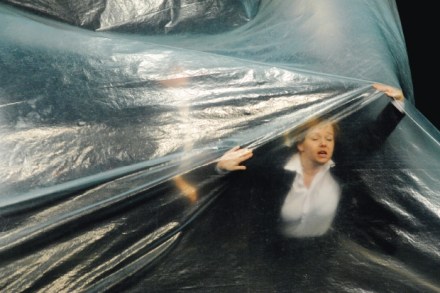John Paul Stapp: the fastest man on earth, who saved millions
More from BooksThere’s a moment in Craig Ryan’s spectacular biography of John Paul Stapp — the maverick American Air Force doctor who, in the 1950s, became the fastest man on earth — where the reader falls inexorably in love with Ryan’s subject. It’s on page 17, when Stapp encounters what his Baptist missionary father had taught his



























